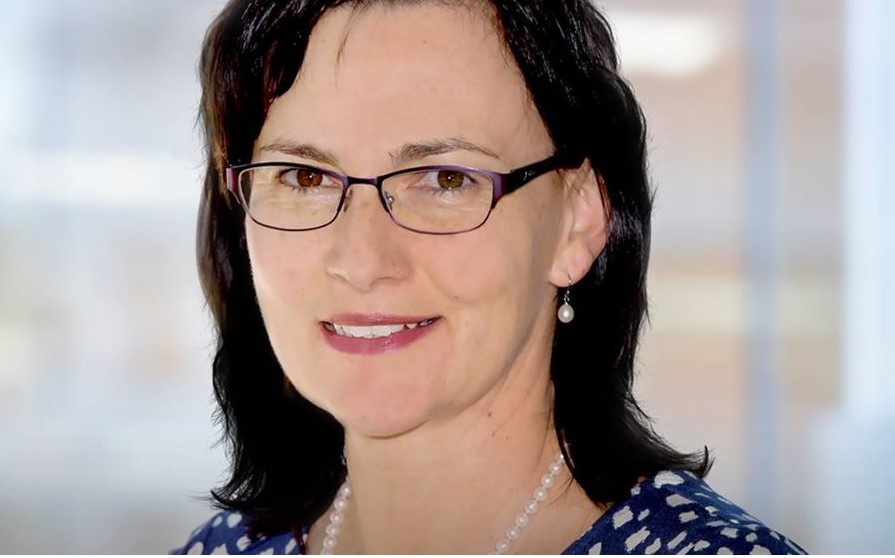Amplats CEO says women don’t feel safe in South African mines

Natascha Viljoen, chief executive officer of Anglo American Plc’s platinum business, said women don’t feel safe working underground in South African mines.
While the mining industry’s toxic culture is no secret, an explosive report from Rio Tinto Group in February laid bare the scale and severity of the problem. The abuse of women in mines from Australia to South Africa is increasing investor scrutiny of the world’s biggest mining companies.
“I was not surprised by the Rio Tinto report,” Viljoen, CEO of Anglo American Platinum Ltd., said at a mining conference in Johannesburg on Wednesday. “If anybody tells me we don’t face the same challenge in South Africa, I would say you are naive.”
The Rio Tinto investigation found that more than a quarter of female workers had experienced sexual harassment and almost half of all staff have been victims of bullying. Sexual harassment in the cages — or elevators — has been a problem for years in South Africa.
Viljoen said she had discussions with a female employee who expressed a preference for wearing the existing one-piece overalls, even though they were less comfortable than a two-piece alternative.
“To my surprise, she feels safer with a one piece overall because she says it’s more trouble to take off the one piece overall if anybody wants to assault her,” said Viljoen, one of the few women to be running a major mining company. “If that doesn’t go to the guts of our values and our integrity as an industry, then I don’t think anything does.”
While the abuse of women is also a societal issue in South Africa, the mining industry must take responsibility for addressing the challenges it faces, the Amplats CEO said. The miner has in the past dismissed senior employees in a bid to enforce a healthier working culture, Viljoen said.
“The workplace in the past has been designed by men for men,” Viljoen said in an interview. “It’s not designed for a fully inclusive workplace, so as we go into the modernization of mining how do we think differently around the design of the workplace, we can be very impactful on how we address these issues in society and in our physical design of the workplace.”
(By Felix Njini)
{{ commodity.name }}
{{ post.title }}
{{ post.date }}




Comments